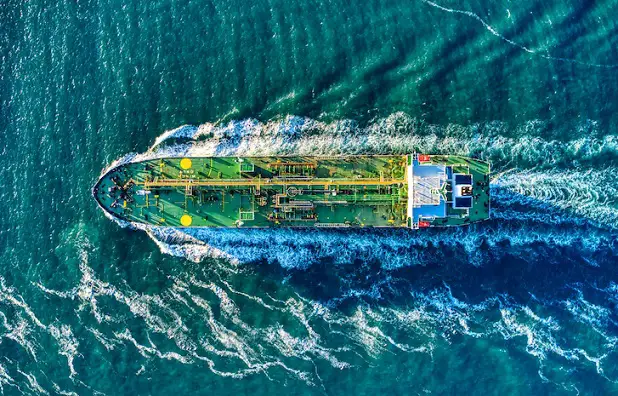On Tuesday Russian President Vladimir Putin signed a new decree authorizing retaliatory measures to be taken in response to the Western attempts to impose a price cap on the sale of Russian energy products abroad.
Under the new Presidential decree, it is now forbidden to supply oil or petroleum products from Russia to any country which seeks to apply the price cap in their contract. It will also forbid any delivery if there is a direct or indirect mention of the cap in any contract.
The decree will go into effect on February 1st, 2023, and will remain in effect until July 1st, 2023.
According to the decree, President Putin can still give special permission to deliver oil and oil products which would be prohibited by the price cap. Compliance with the Presidential decree on retaliatory measures will be monitored by the Russian Ministry of Energy.
On December 5th, the EU, G7 countries, and Australia introduced a $60 per barrel price cap on Russian Seaborne oil exports. The price cap forbids Western companies from providing insurance, brokerage, and other support services for any Russian oil shipments unless the cargo was sold at or below the price cap.
Moscow immediately noted it would refuse to sell oil to any nation which sought to impose the cap, and promised further action by the Kremlin would be forthcoming. Deputy Prime Minister Aleksandr Novak noted there would still be a robust demand for Russian oil despite the latest sanctions.
The minister added that by imposing the cap, the countries of the West will only cause further energy inflation, as supplies shrink. He added that Moscow views as unacceptable the imposition of such a non-market mechanism.
In addition, Russia has noted it may cut its own oil production by as much as 7% early next year as a protest of the action, potentially sending energy markets into a spiral.

